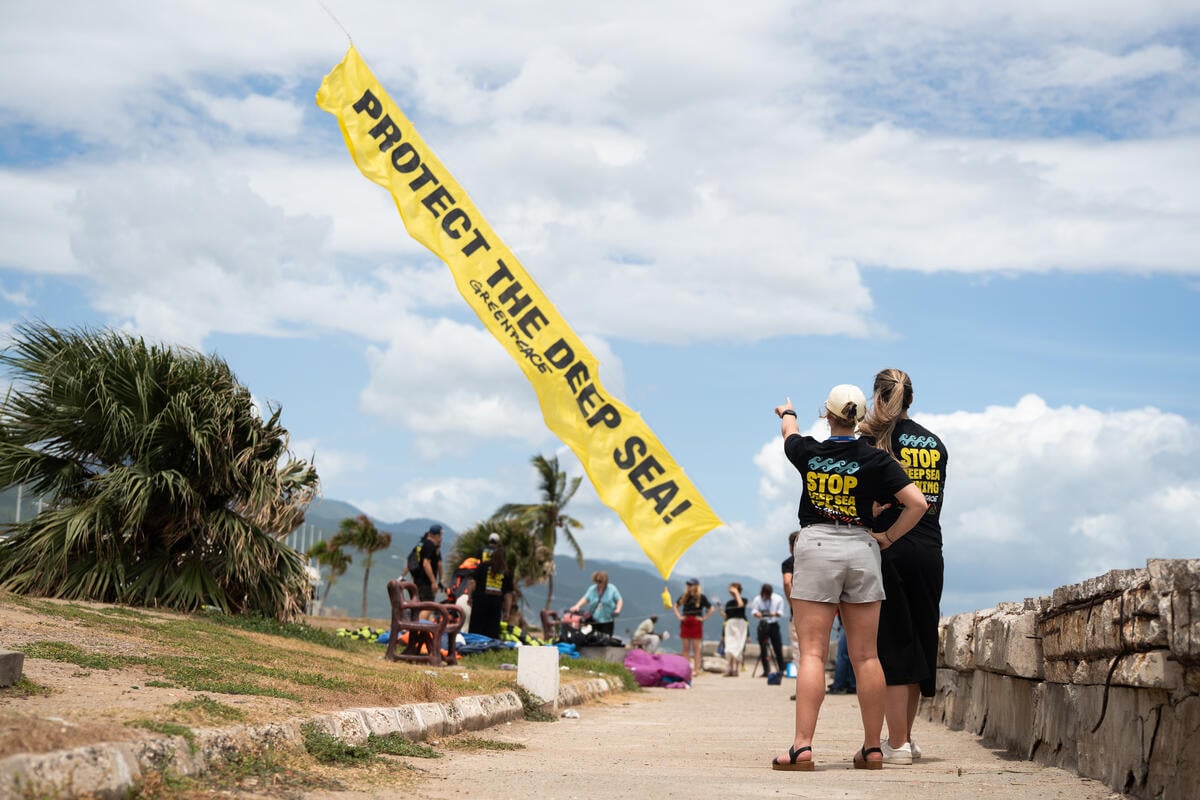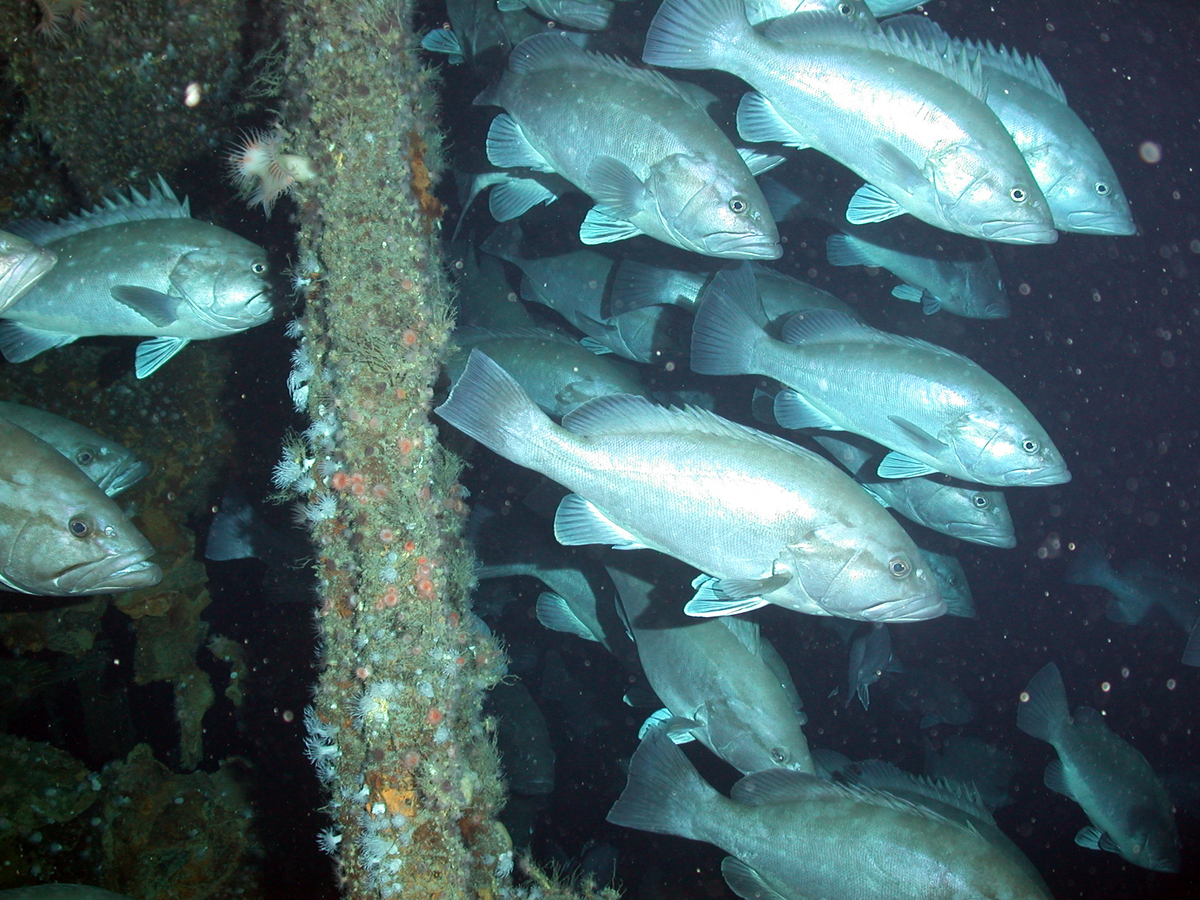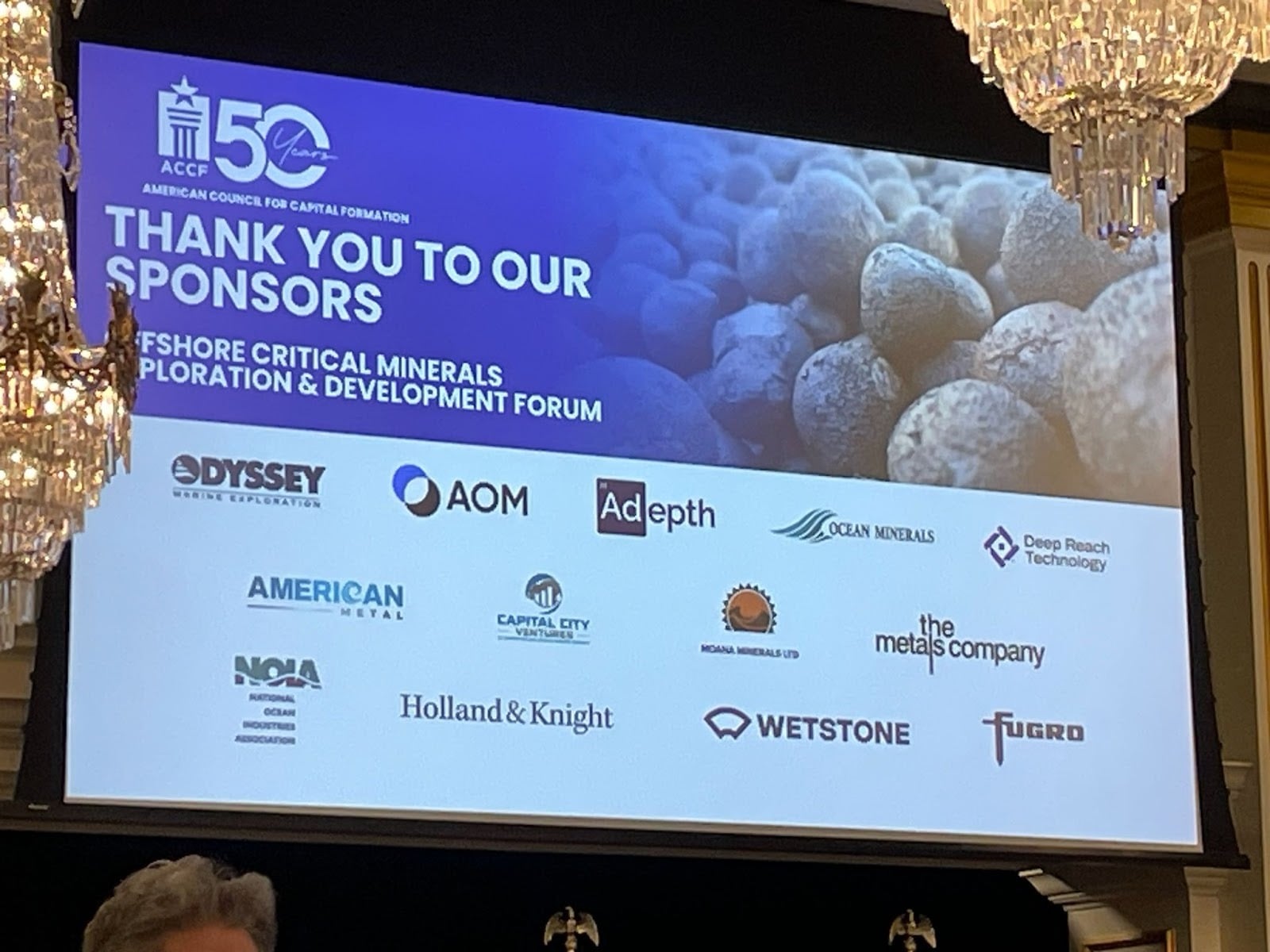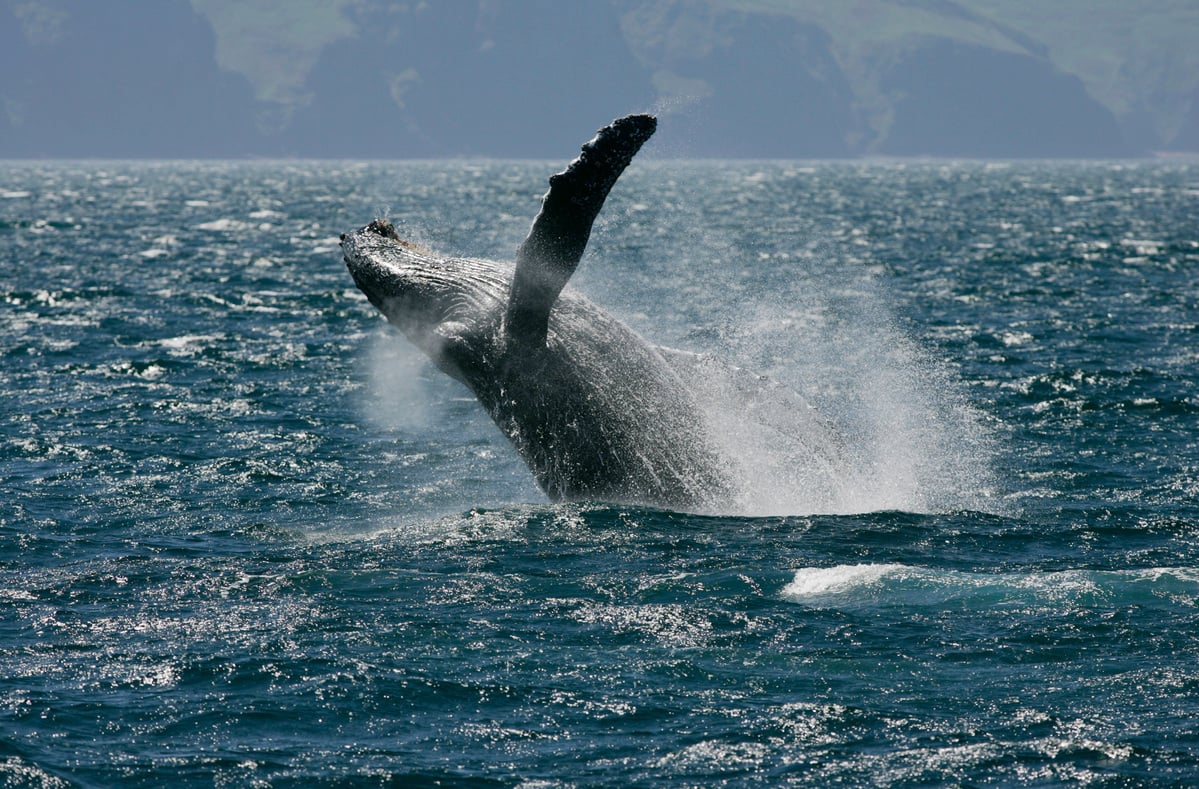
Kingston, Jamaica (July 26, 2025) – On the penultimate day of the 30th session of the International Seabed Authority (ISA), the United States delivered a provocative statement dismissing the authority of the United Nations Convention on the Law of the Sea (UNCLOS) as it pertains to deep sea mining for the U.S. The remarks also rejected the principle of the “common heritage of humankind,” signaling a legally dubious and troubling claim that the U.S. is free to pursue unilateral mining of the international seabed, at the expense of what is globally viewed as a commons meant to benefit all humanity.
The move drew immediate criticism from Brazil, France, and China, which called on the U.S. to halt its unilateral push and reaffirmed support for multilateral governance. The rebuke comes as the Trump Administration continues its efforts to fast-track the launch of deep sea mining under Cold War-era domestic legislation—bypassing the ISA’s global regulatory framework—a maneuver widely condemned by governments, civil society, and frontline Pacific Island communities.
Greenpeace USA’s recent report, Deep Deception, reveals how deep sea mining corporations have exploited geopolitical tensions and national security and defense concerns to push forward a dangerous and unnecessary industry. Yet even as the DSM industry tries to cloak itself in national security rhetoric, the report found no prior interest from the U.S. defense sector for deep sea minerals, undermining industry claims of strategic necessity.
Arlo Hemphill, Greenpeace USA’s project lead for the Stop Deep Sea Mining campaign, who attended the meeting in Kingston, said: “The U.S. statement confirms what Deep Deception has already exposed: The Trump Administration’s pursuit of deep sea mining isn’t about global stewardship—it’s about sidestepping it. By rejecting the ISA’s authority while claiming environmental responsibility, the U.S. is trying to have it both ways—and in doing so is advancing a “smash and grab” agenda that puts ocean health and international cooperation at serious risk.
“By refusing to recognize the ISA’s authority while laying the groundwork for a lawless frontier, the U.S. has chosen corporate interests over international law and the concept of the international seabed as Common Heritage meant to benefit all people. ISA member states must draw a clear line: ocean governance cannot be rewritten to serve the few at the expense of the planet. Governments must not allow this rogue colonial strategy to dictate the future of our shared ocean commons.”
Earlier this week, the ISA Council launched an investigation into whether mining contractors, including TMC’s subsidiaries Nauru Ocean Resources Inc. (NORI) and Tonga Offshore Mining Limited (TOML), are complying with contractual obligations to act in accordance with the international legal framework. ISA Secretary-General Leticia Carvalho later warned against the unilateral seizure of the seabed, reiterating that the deep-sea belongs to no single country or corporation, and cautioning that efforts are underway to prevent it from becoming “the Wild West” of exploitation.
Major General (U.S. Army, Ret.) Randy Manner, said: “I find it deeply troubling to see national security being used as a smokescreen to justify the dismantling of multilateral governance in the deep ocean. True security is rooted in global cooperation, not unilateral resource grabs. There is no strategic national security requirement driving deep sea mining—only a financially motivated one driven by greed. And that makes it all the more dangerous.”
Support for a moratorium continues to grow with Croatia becoming the 38th country to call for a ban, pause, or precautionary approach. While high-level representatives from Palau, France, and Panama attended the meeting to rally the international community to defend the deep, the session concluded on Friday without a legal barrier in place to stop mining from proceeding.
Hemphill continued: “Governments must secure a moratorium that leaves no room for a desperate industry to force through a Mining Code. The science is not ready. The legal framework is not in place. The world must not be bullied into an irreversible mistake for the benefit of a few.”
Photos available HERE
Contact: Tanya Brooks, Senior Communications Specialist at Greenpeace USA, [email protected]
Greenpeace USA is part of a global network of independent campaigning organizations that use peaceful protest and creative communication to expose global environmental problems and promote solutions that are essential to a green and peaceful future. Greenpeace USA is committed to transforming the country’s unjust social, environmental, and economic systems from the ground up to address the climate crisis, advance racial justice, and build an economy that puts people first. Learn more at www.greenpeace.org/usa.



